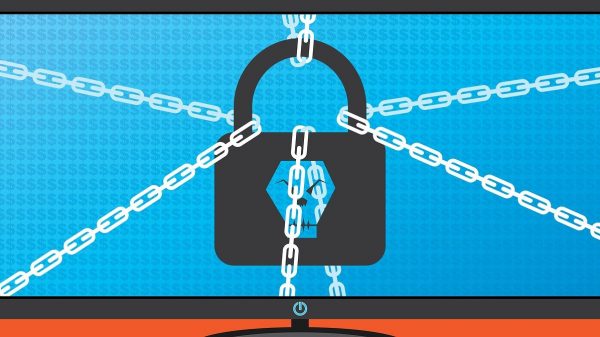The Indian government clarified that its cybersecurity directive applies not just to Indian companies but also to foreign companies catering to Indian users. In a FAQs document on the new directive, the Ministry of Electronics and Information Technology (MeitY) addressed multiple questions pertaining to the applicability of the directive to foreign entities. The Indian Computer Emergency Response Team (CERT-In), which is the government-appointed nodal agency tasked with performing cybersecurity-related functions in the country, on April 28 issued the directions covering aspects related to the timeframe for reporting cybersecurity incidents, synchronisation of system clocks, maintenance of logs for 180 days, maintenance of KYC and transaction information for crypto exchanges, and maintenance of customer information for VPN providers. Cybersecurity experts spared no time in criticising these new directions and tech companies have argued that these directions go against cybersecurity rather than improve it. While the directive poses a significant compliance burden to all companies, it's most burdening on foreign companies because they are required to appoint separate staff and set up/hire additional infrastructure in India to adhere to these directions. What did the government clarify in its FAQs document? IT Act applies to foreign companies: In response to a question on whether the cybersecurity directions apply only to Indian companies or also to foreign firms that serve Indian customers, MeitY referred to the Section 75 of the Information Technology Act, 2000, which states that the provisions of the IT Act apply to foreign entities as well. Since the cybersecurity directive was issued under Section 70B of the…




























